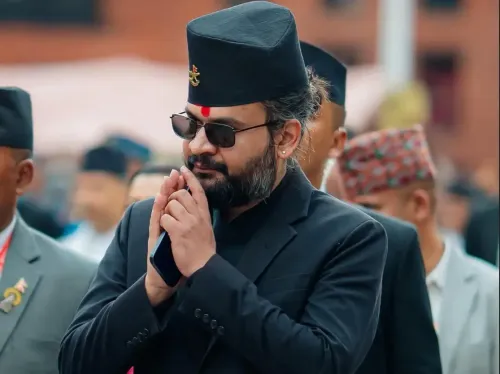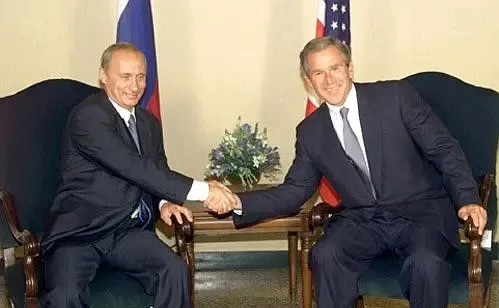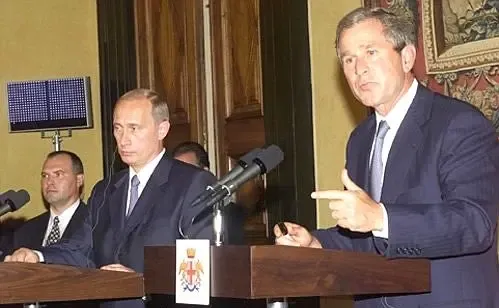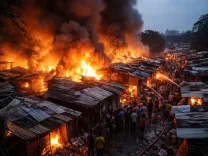Did South Korea's Defence Chief Meet Special Forces Troops Over Martial Law Controversy?

Synopsis
Key Takeaways
- Ahn Gyu-back's visit aims to boost morale among troops.
- Restoration of stability and honor for deployed forces is a priority.
- The emphasis on civilian oversight reflects a commitment to public trust.
- Strengthening the South Korea-US alliance is crucial for national security.
- Ahn's role as the first civilian defence chief in 64 years marks a significant shift.
Seoul, July 28 (NationPress) South Korean Defence Minister Ahn Gyu-back engaged with soldiers who were called to action during the unsuccessful martial law attempt by former President Yoon Suk Yeol, according to his office, as part of ongoing initiatives to enhance military morale.
Ahn visited the 3rd Special Forces Brigade under the Army's Special Warfare Command earlier today, marking his inaugural on-site inspection since assuming the role of defence minister last week.
"I am committed to implementing necessary measures so that the special forces and other personnel involved in the martial law attempt can focus on safeguarding the nation, restoring their stability and dignity," he stated.
The minister reiterated his commitment to fortifying the civilian oversight of the military and transforming it into an institution that earns public trust, as reported by Yonhap news agency.
Ahn, who has served five terms in the National Assembly, is the first civilian to hold the defence chief position in 64 years, following the resignation of former Defence Minister Kim Yong-hyun amid the fallout from the brief martial law declaration on December 3.
Last week, after assuming his role, Ahn urged the military to maintain strict political neutrality and concentrate on their primary responsibility of protecting citizens from external threats, specifically citing North Korea's advancing nuclear capabilities and the increasing unpredictability of the global security landscape.
As part of his strategy, Ahn pledged to reinforce the defence cooperation network rooted in the South Korea-US alliance, describing it as a “linchpin” for national security.
"I will continually enhance cooperation so the South Korea-US alliance evolves as a ‘global comprehensive strategic alliance’ that aligns with our national interests," he affirmed.
Simultaneously, Ahn promised to provide military backing for initiatives aimed at establishing peace on the Korean Peninsula, while keeping avenues for dialogue open and strengthening deterrence.










